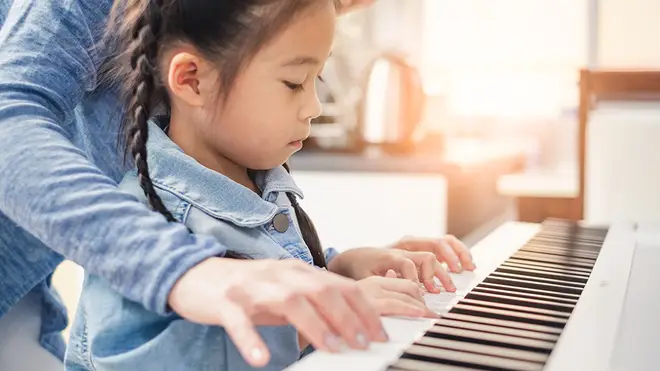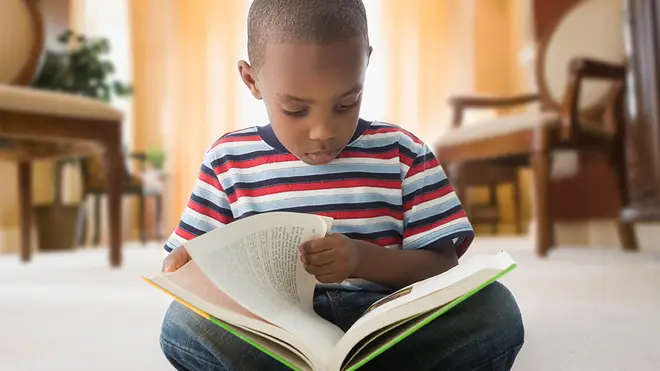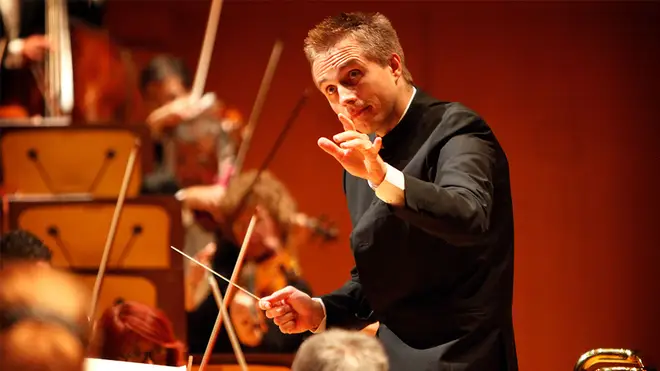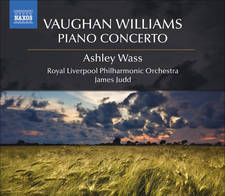Two-thirds of young musicians are practising more in lockdown, study finds
23 June 2020, 14:58 | Updated: 24 June 2020, 12:14

Turns out lockdown’s been the perfect tonic for getting budding musicians to practise their instruments.
Music has been a source of great comfort to many during lockdown. And it turns out, the past three months have also given children the perfect opportunity to play their musical instruments more.
Research out today reveals two thirds (66 percent) of parents say their child has been more motivated to do music practice since lockdown started.
In fact, over half (51 percent) of those surveyed said their sprogs have done more than an hour of extra practice per week.
The folks at the Royal Philharmonic Orchestra (RPO) who conducted the study also found a surge in interest in other creative activities. Beyond those that played a musical instrument, 32 percent of parents reported their child reading more books, painting (22 percent) and even directing plays at home (6 percent).
Read more: Meet Vasily Petrenko, the Russian-British maestro set to lead the RPO >

From a sample of 2,110 parents surveyed in April, 38 percent of parents said their child has been learning a musical instrument at home this year, while 17 percent can reportedly play more than one.
Guitar was found to be the most popular instrument with budding musicians (45 percent), followed by the piano or keyboards (36 percent) and drums (35 percent). Violin is played by 10 percent, while French horn was named the least popular instrument, with just 1 percent of children playing it in lockdown.
Vasily Petrenko, RPO’s Music Director Designate, said on the survey: “Culture and the Arts bring meaning to our lives. [They] make us the human beings we are.”

Read more: When will theatres and music venues reopen in the UK? >
He added: “The choices of our children to play music at a time of national crisis is significant in so many ways. It underlines the universal reach of orchestral music; it demonstrates the power of creativity to counterbalance fear… at a time of crisis, and it allows us to express feelings and emotions we cannot articulate with words.
“The things we have turned to during the crisis will be the very things that will also help us to rebuilt society in the months ahead.”
Since concert halls closed their doors in March, orchestras and music organisations have been living through their deepest crisis in living memory.
The Royal Albert Hall, resident concert venue of the RPO, said during a virtual summit at the beginning of the month that under current circumstances, it will only survive until April next year before being forced to fold.


































